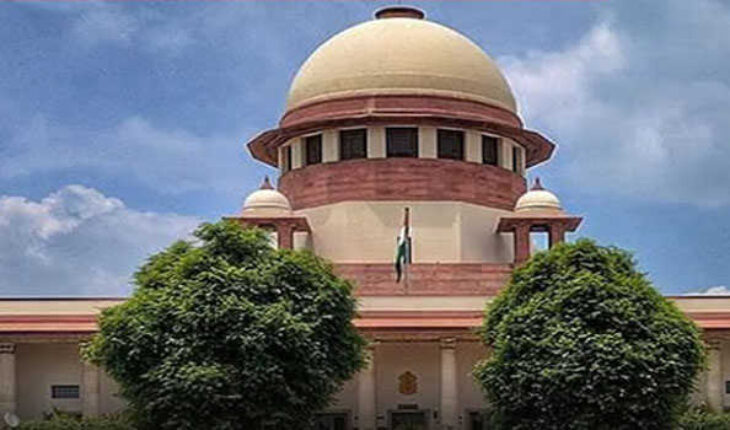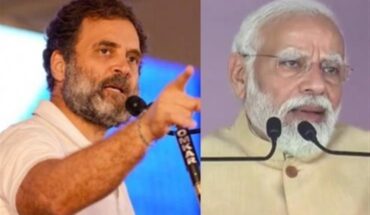New Delhi: The pleas in the Supreme Court challenging the recent amendments introduced to the Waqf Act were mentioned on Monday before Chief Justice of India (CJI) Sanjiv Khanna for urgent listing.
Senior advocate Kapil Sibal urged CJI Khanna to give an urgent hearing on the petitions challenging the constitutional validity of the Waqf (Amendment) Act, 2025.
In response, the CJI, who is the master of the roster, asked the senior counsel if he had moved an email containing the mentioning letter. When informed that the same had already been done, CJI Khanna said, “I will get the letter and do the needful this afternoon.”
Several petitions have been filed before the apex court challenging the amendments immediately after the Parliament passed the Waqf (Amendment) Bill, 2025, on Friday.
After the legislation was passed in both Houses of Parliament, the Indian National Congress announced it would challenge the Waqf (Amendment) Bill before the Supreme Court. Congress claimed that it was an attack on the basic structure of the Constitution and was aimed at “polarising” and “dividing” the country on the basis of religion.
In his petition, Congress MP and party whip in Lok Sabha Mohammad Jawed contended that the amendments violated Articles 14 (right to equality), 25 (freedom to practice and propagate religion), 26 (freedom of religious denominations to manage their religious affairs), 29 (minority rights), and 300A (right to property) of the Constitution.
Similarly, All India Majlis-e-Ittehadul Muslimeen (AIMIM) chief Akbaruddin Owaisi has moved the top court, saying that the impugned amendments are “ex facie violative of Articles 14, 15, 21, 25, 26, 29, 30, 300A of the Constitution of India and manifestly arbitrary”.
The concept of ‘Waqf’, rooted in Islamic laws and traditions, refers to an endowment made by a Muslim for charitable or religious purposes, such as mosques, schools, hospitals, or other public institutions. The government said that crores of poor Muslims will benefit from this legislation, and in no way does it harm any single Muslim.
Minority Affairs Minister Kiren Rijiju has said the legislation did not interfere with the Waqf properties, adding that the Modi government works with the vision of ‘Sabka Saath and Sabka Vikas’.






